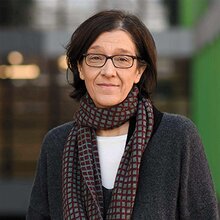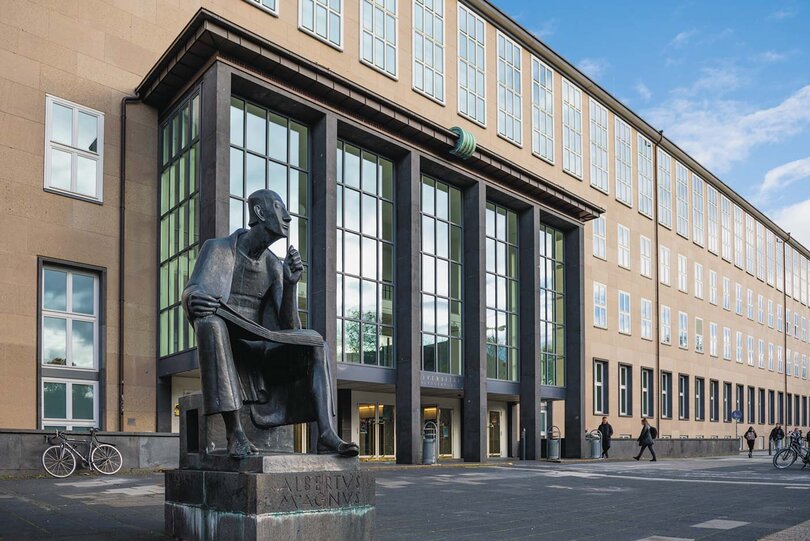Examples of networking activities
With regard to individual funding for students and lecturers, the programme supports a wide range of exchange formats: study-based exchanges, internships, summer schools and online formats (blended mobility). Erasmus+ therefore helps develop an attractive, broad-based portfolio for different target groups and in some areas also has capacity-building impacts. Internship allowances for student teachers at schools and universities abroad have made it possible to forge closer ties with the institutions and as a result to create a robust network for Cologne students and the University: the internships@schoolsabroad programme.
Another important element of the University of Cologne’s internationalisation strategy is the internationalisation of administration as an interface and service point for the faculties. By developing administrative staff, the University opens up opportunities to strengthen constructive partnerships between academia and administration and to raise these to a new level.
To advance the internationalisation of research and teaching, Erasmus+ offers early career researchers the opportunity to gain what is often their first teaching experience abroad and to build international networks. This measure is a valuable instrument for testing collaboration with a view to establishing more comprehensive partnerships in research and teaching. Activities like this frequently lead to tri- or multilateral cooperation projects. One example is the European network Coimbra Group, which the University of Cologne joined in 2017.
Individual measures have also produced more intensive collaboration formats which, in turn, have led to successful strategic partnership projects (KA2) and address social issues that are highly relevant in terms of global responsibility and the Sustainable Development Goals (SDGs). Examples include the projects ACCENT (Accessible Entrepreneurship – Empowerment for Global Futures) and BRIGHTS (Bringing HEIs towards Sustainability) as well as IANUS II, an Erasmus Mundus project with Eastern Partnerships.
One last example is the European Universities alliance EUniWell. At the University of Cologne, this alliance plays a very important strategic role in research, teaching, administration and networking activities with the public, especially in terms of actively shaping the European Higher Education Area. Before the consortium was founded, a range of Erasmus+ agreements was already in place to provide support in the application process.

